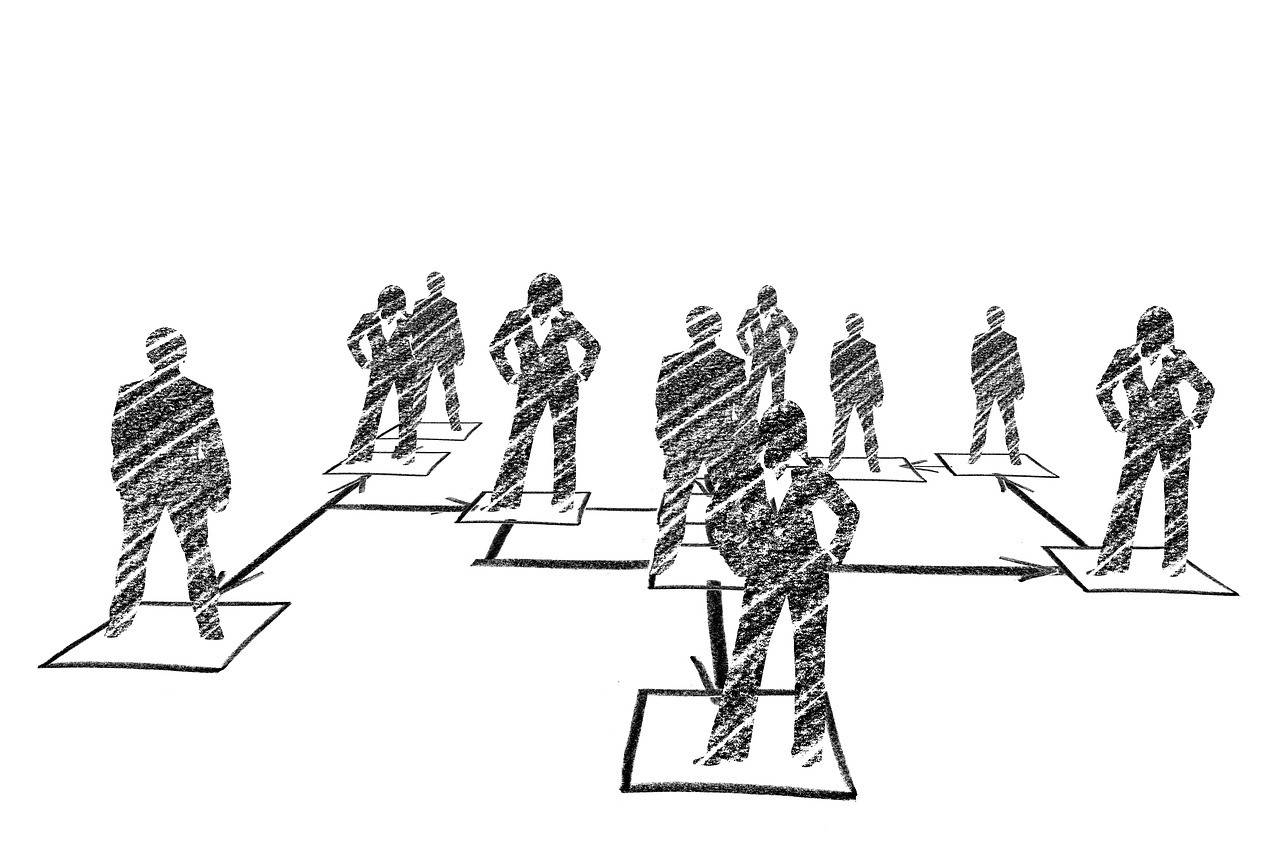By Christopher Hayden, CPA, CMA, CGMA.
Communication is crucial in every professional setting, from client relationships to branding and from team-building to productivity. And one of the most critical aspects of communication is something that often gets overlooked: listening.
Great leaders are also great listeners because they seek to understand those around them. For your clients and team members, improving your listening skills will make them feel that their needs are heard. So, how do you become a better listener? You can utilize these seven principles to get started today.
7 Principles for Becoming a Better Listener
1. Seek to Understand
To become a better listener, you must first seek to understand rather than first seeking to be understood. It’s human nature to want to be understood, but to improve communication, you must actively work to understand what the other person is expressing and feeling.
Put yourself in the other person’s shoes and try to see things from their perspective.
2. Listen Actively
Active listening requires energy and focus. Rather than allowing the information to flow “in one ear and out the other,” stay engaged and show signs that you’re listening.
- Look directly at the speaker.
- Nod, smile, and use other facial expressions while listening.
- Reflect on what’s being said. For example, you may say, “It sounds like you’re saying…,” Reflection shows the speaker that you are truly hearing and understanding what they’re saying.
- Don’t interrupt, and defer judgment. The habit of interrupting others is one of the most relationally lethal habits we can possess.
Listening actively allows you to truly hear and understand what the speaker is trying to say. With practice, you’ll become a better listener and communicator.
3. Be Present
We live in a world of distractions. Whether it’s noise, text messages, or just wandering thoughts, it’s not always easy to be present when someone is speaking to us. But being present is crucial to becoming a better listener. If you’re lost in distractions, you can’t truly hear what the speaker is saying.
Being present also means giving the other person the time to fully express their thoughts and listen without interruption. Far too often, we formulate responses in our heads before the speaker even has a chance to finish their sentence. When we do this, we miss out on key information the speaker is trying to communicate.
Put distractions aside and really be present when listening. Wait until the speaker has finished their thought before formulating a response.
4. Pay Attention to Body Language
Body language is just as important – if not more important – than the words being spoken. In fact, communication is 55% non-verbal and 38% vocal. Because so much of our communication is non-verbal, it’s crucial to be looking at your speaker, actively listening, and paying attention to their body language.
A person’s posture or gestures can tell you a lot about how they’re feeling. Crossed arms, for example, may indicate that the speaker is feeling anxious, stressed, or angry. Observing these non-verbal cues can help you better formulate appropriate responses.
5. Make Eye Contact
Making eye contact in a professional manner is important when listening to others. Along with building a rapport, eye contact lets the speaker know that you’re paying attention. It’s also a display of confidence. If your gaze is fixated elsewhere or on the floor, it may be interpreted as boredom, disinterest, or insecurity.
6. Clarify and Question
To listen and understand the speaker, always clarify, question, and seek feedback. By asking questions and for elaboration, you not only improve your understanding of their communication, but you show the speaker that you’re truly listening.
Outstanding listeners bring curiosity to the conversation. Try asking questions that encourage elaboration, such as:
- In what way?
- What reasons brought you to this conclusion?
- What are your concerns about this situation?
By asking questions and clarifying, you’re once again seeking to understand the speaker.
7. Acknowledge Common Fears
When we communicate with others, we put ourselves in a vulnerable position. We risk being judged, rejected, viewed as incompetent, or misunderstood. Sometimes, that vulnerability prevents us from truly listening to others and engaging in the conversation.
Acknowledge common fears. Remember that both you and the speaker are likely feeling the same way. Approach interactions and formulate responses with this in mind to make the other person feel comfortable speaking openly with you.
Final Thoughts
Becoming a better listener will benefit your firm, your clients, and your team. Others will feel heard and valued when you’re truly listening to what they have to say. At the same time, it improves overall communication and de-escalates issues early on. Use these seven principles to actively listen and seek to understand those around you.
==========
Christopher Hayden, CPA, CMA, CGMA is the managing partner of Hayden Nelson & Yoder, a CPA firm based in Pennsylvania. You can learn more about him and/or the firm on their website https://hnycpas.com/.
Thanks for reading CPA Practice Advisor!
Subscribe Already registered? Log In
Need more information? Read the FAQs




